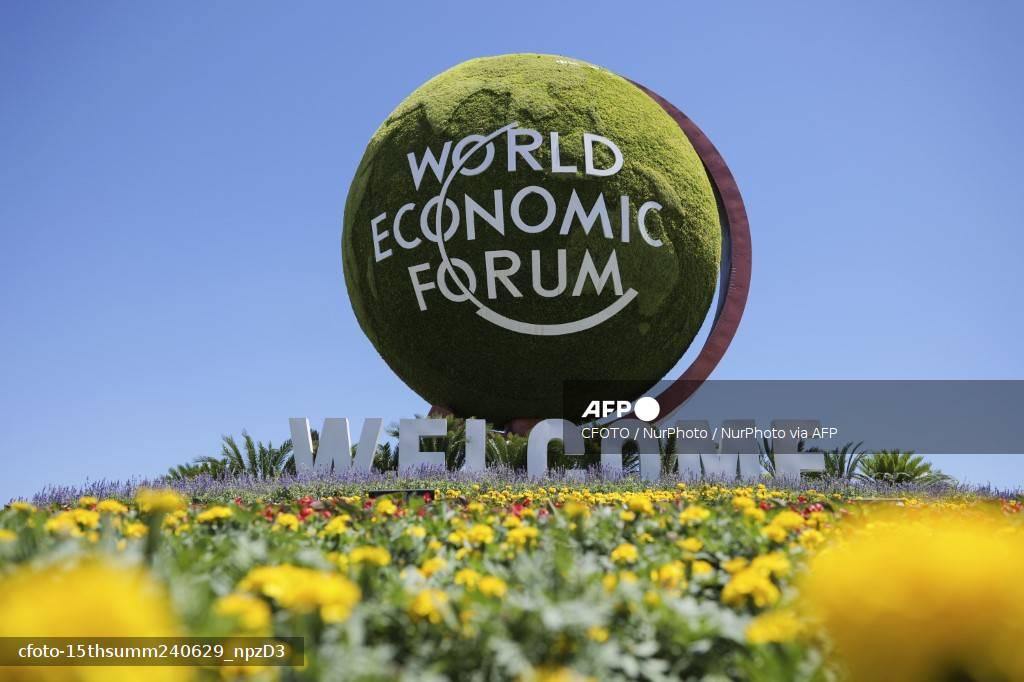Commentary
Chinese Premier Li Qiang’s recent remarks at the World Economic Forum’s “Summer Davos” meeting in China have sparked significant interest and debate as they were notably absent from Chinese state media coverage.

Chinese Premier Li Qiang’s recent remarks at the World Economic Forum’s “Summer Davos” meeting in China have sparked significant interest and debate as they were notably absent from Chinese state media coverage.